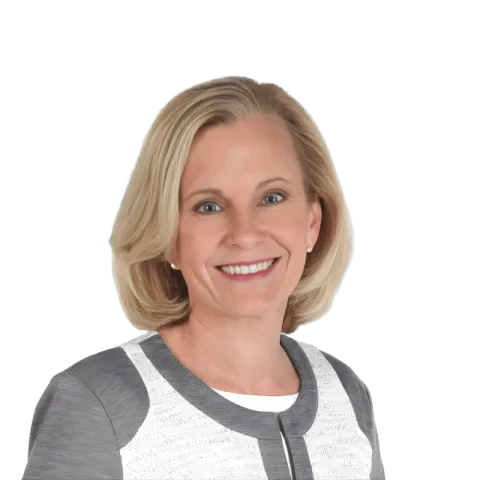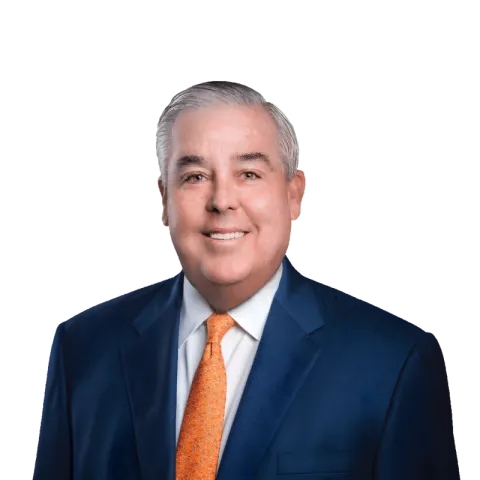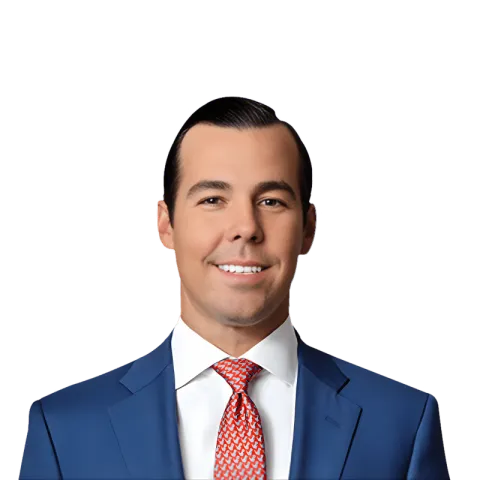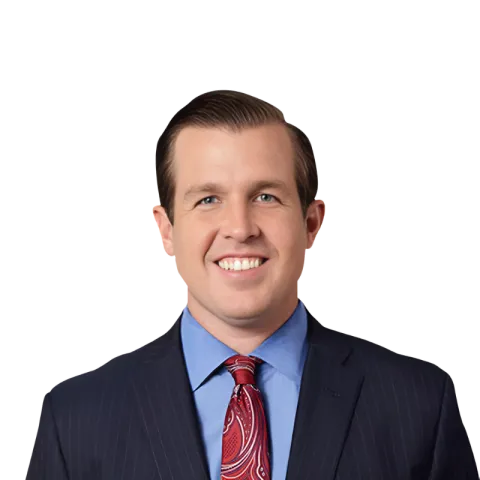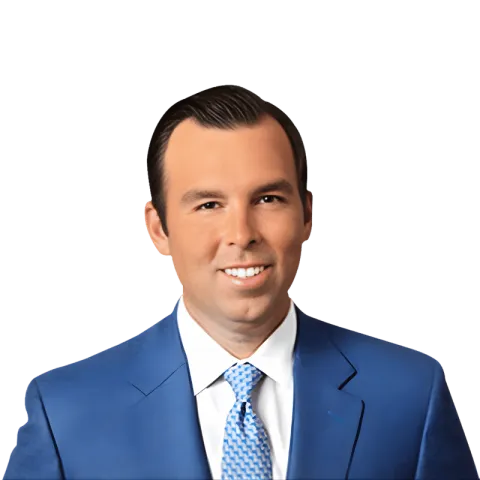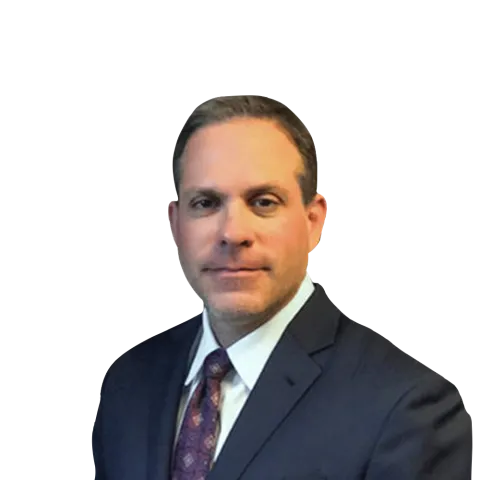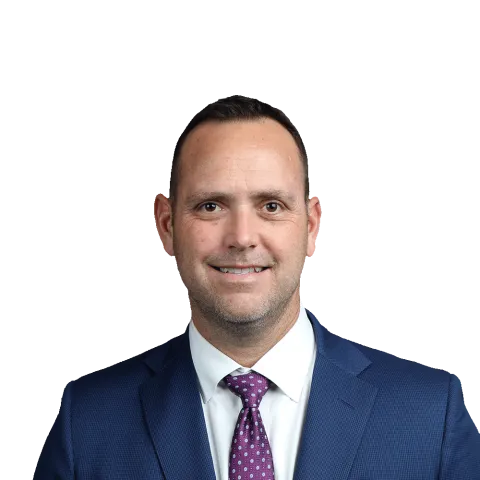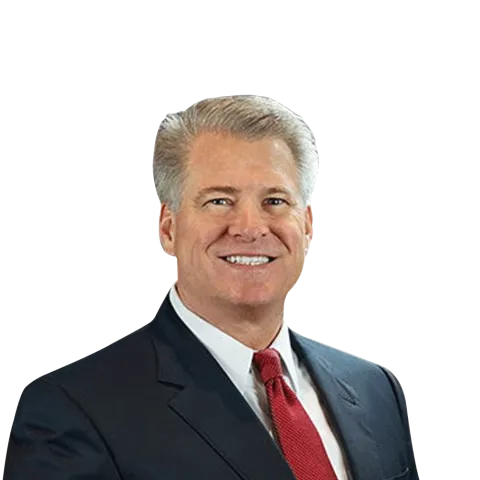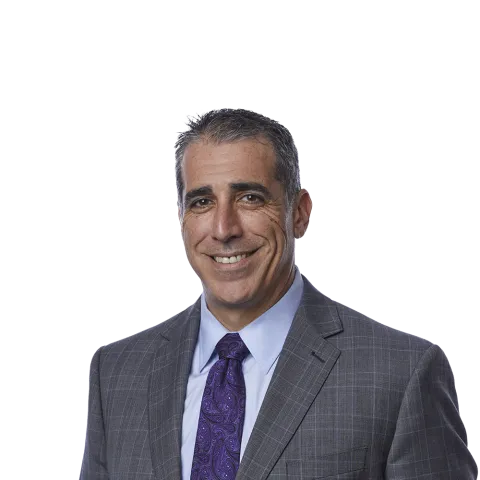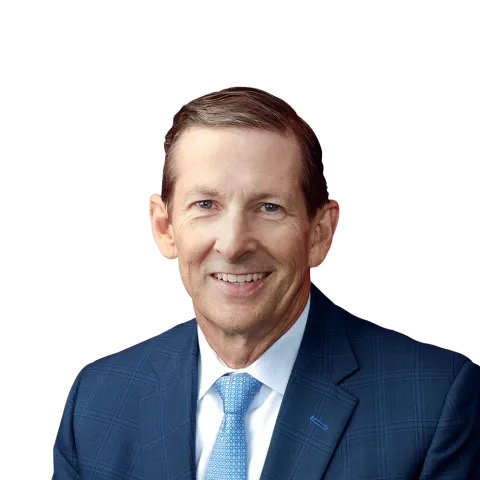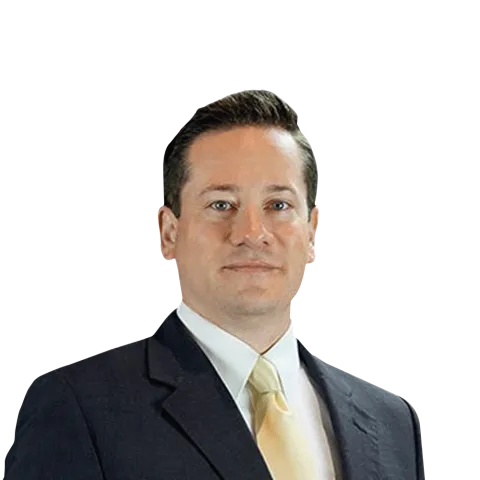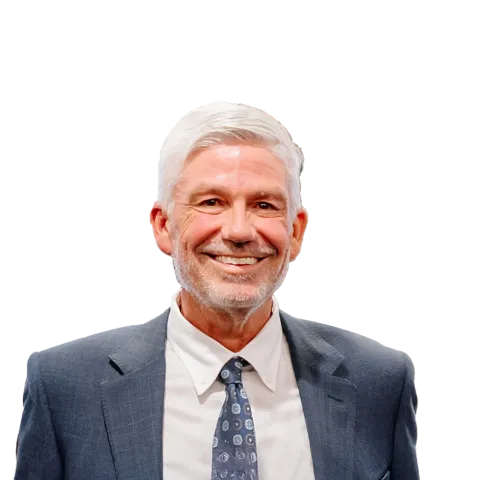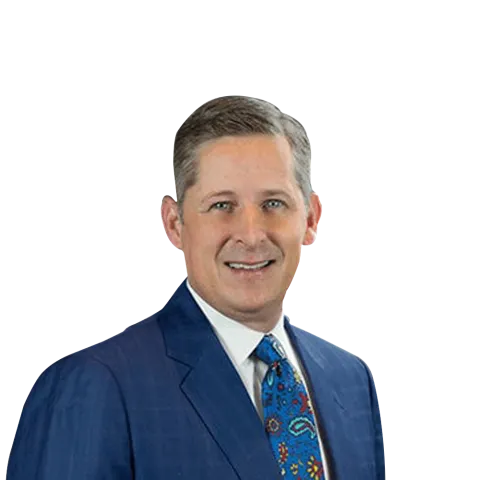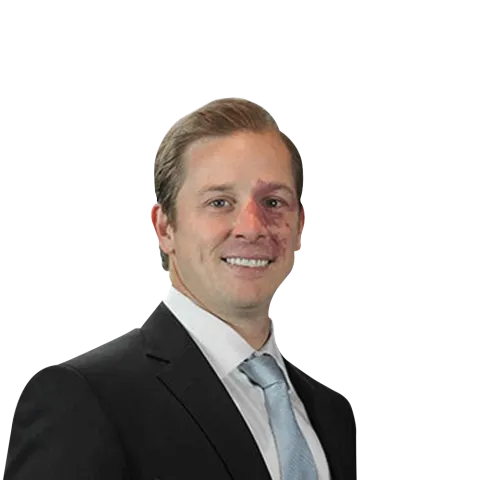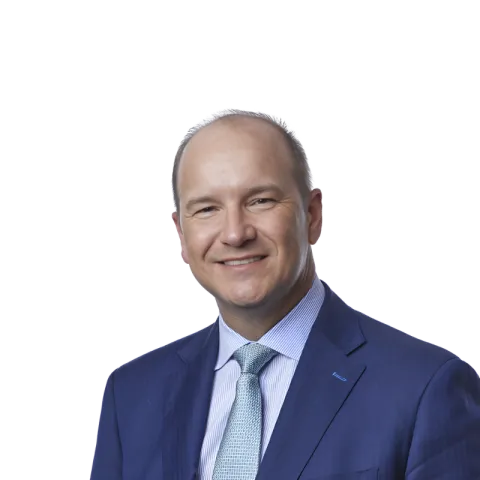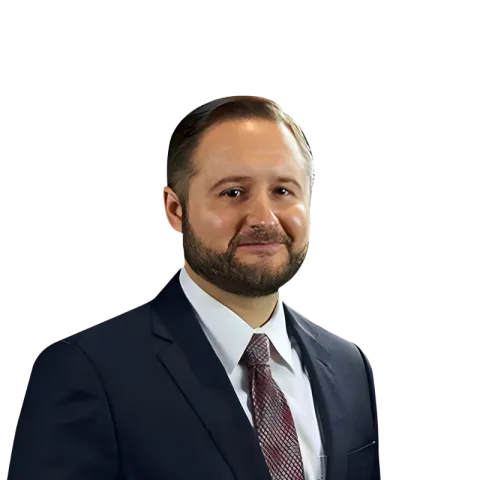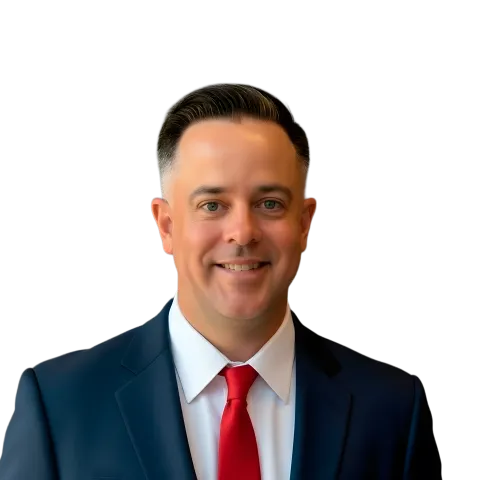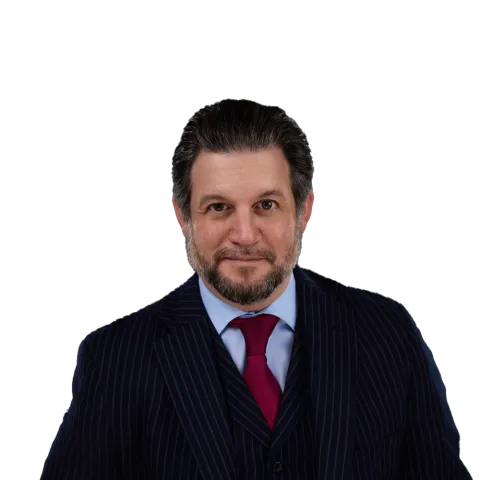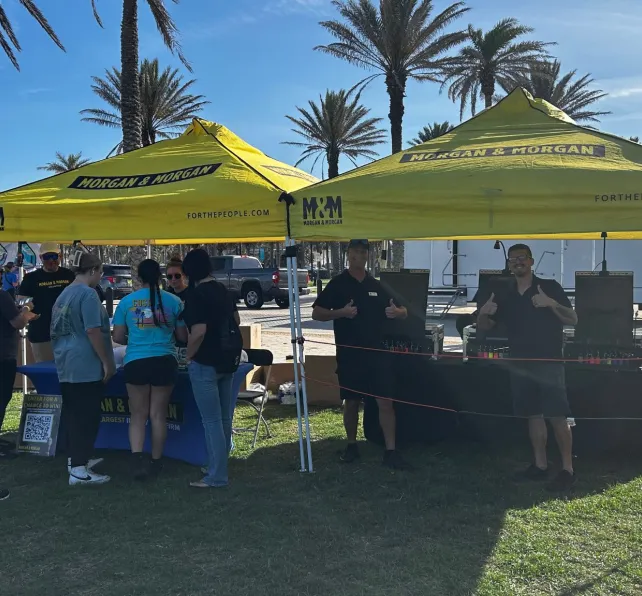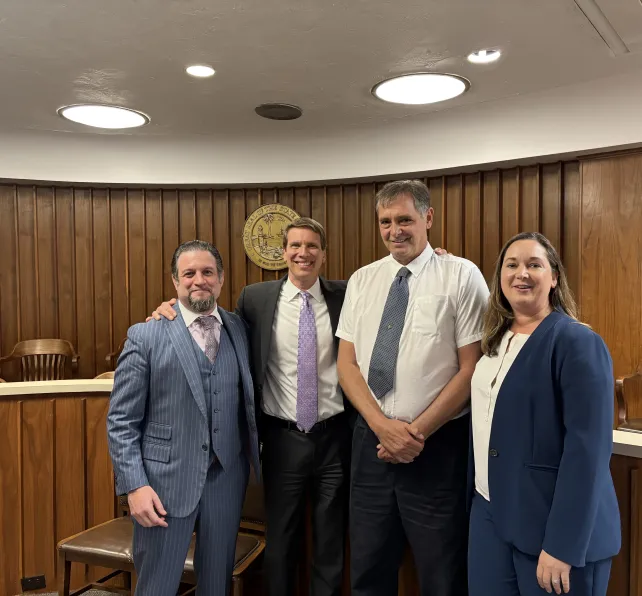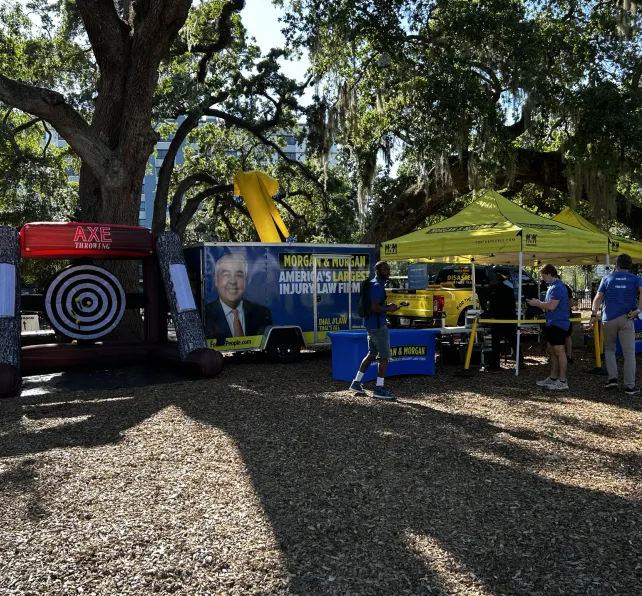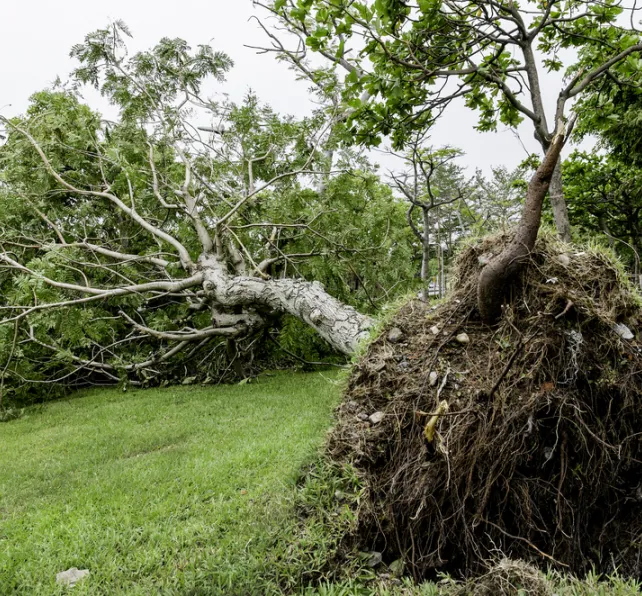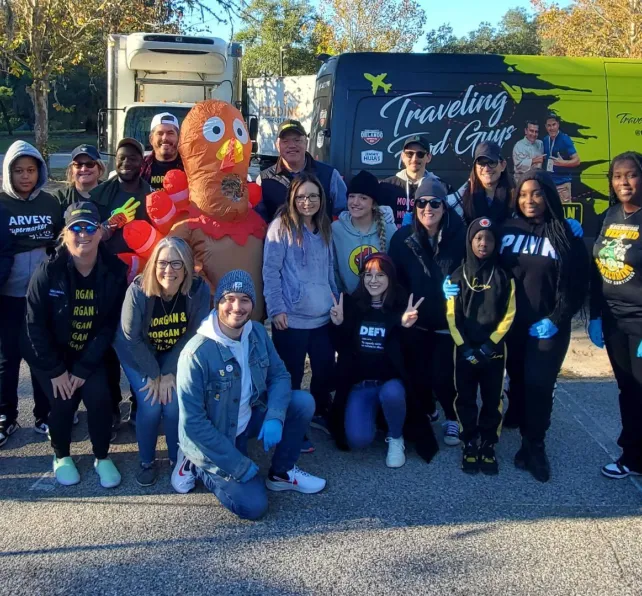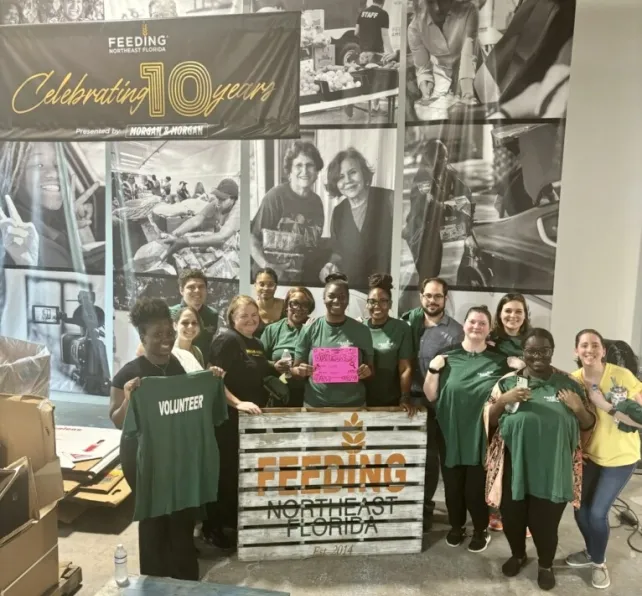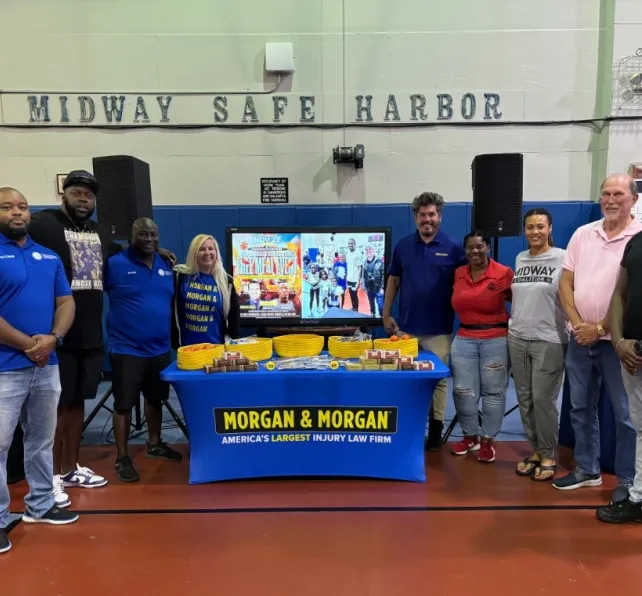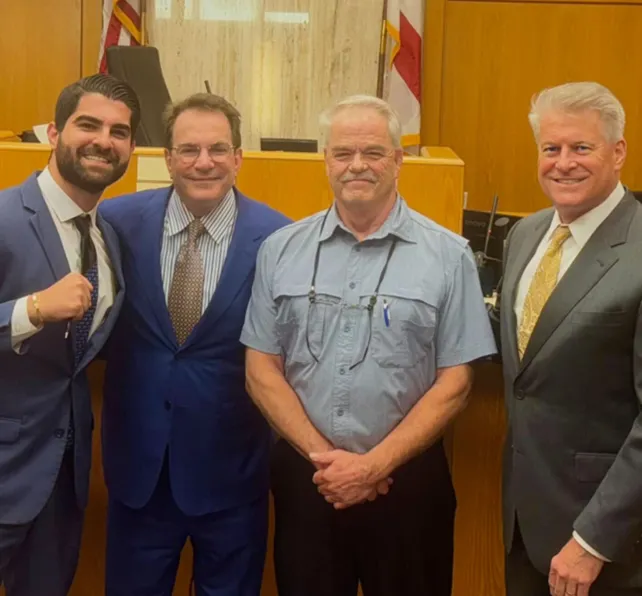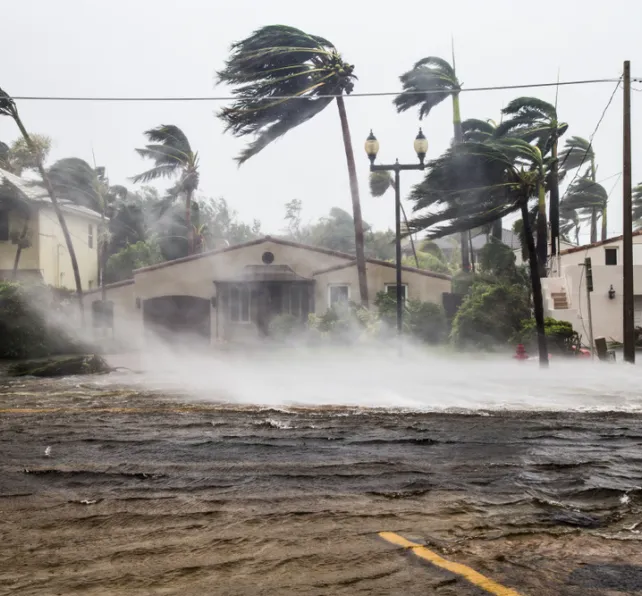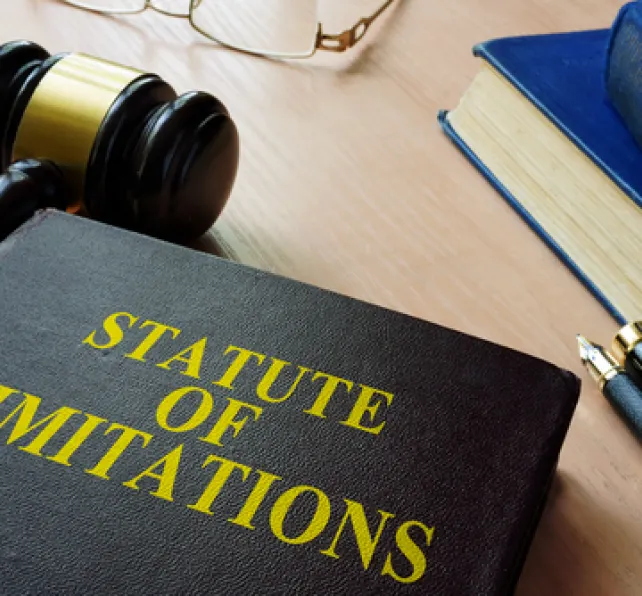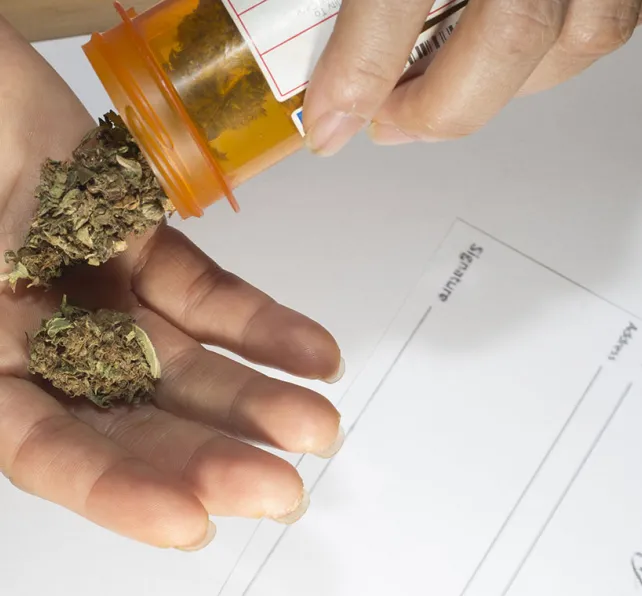Results may vary depending on your particular facts and legal circumstances. The attorney featured above is licensed in Florida. For a full list of attorneys in your state please visit our attorney page.
WHAT IS THE DEFINITION OF ELDER ABUSE IN FLORIDA?
Elder abuse causes physical and emotional harm. We fight for victims and their families.
Results may vary depending on your particular facts and legal circumstances. The attorney featured above is licensed in Florida. For a full list of attorneys in your state please visit our attorney page.
Elder Abuse in Florida
Our elderly family members have the right to live out their twilight years in comfort and dignity. Discovering that your loved one suffered ill-treatment can be heartbreaking and upsetting.
Elder abuse is not only upsetting and immoral; it is also illegal. According to the definition of elder abuse in Florida, it is unlawful for anyone to cause physical or psychological harm to a senior or vulnerable adult. Therefore, if your loved one experienced abuse in their nursing home, assisted living facility, or in other circumstances, you could potentially sue and recover compensation.
Morgan & Morgan’s determined and compassionate elder abuse attorneys are ready to fight for your loved one. Contact us today for free advice to determine whether you have an elder abuse case.
Florida’s Legal Definition of Elder Abuse
The Florida Statute §825.102 provides a clear and comprehensive legal definition of what counts as elder abuse:
- Intentionally causing physical or psychological harm to a senior.
- Committing an act that is expected to result in physical or psychological injury to a senior.
- Encouraging another person to commit acts resulting in (or expected to result in) physical and mental harm to a senior.
- Intentionally isolating or restricting access to an elderly individual unless necessary for their protection and welfare.
The Warning Signs of Elder Abuse
Your loved one could experience neglect and abuse in various settings, including a nursing home, assisted living facility, or at home. Unfortunately, elder abuse can be tough to spot, especially if a senior is unwilling or unable to talk about the abuse. However, there are some tell-tale signs and symptoms that could point to verbal, physical, or sexual abuse, including:
- Unexplained bruising
- Withdrawal from social activities
- Sudden and unexplained weight or hair loss
- Fractures and dislocations
- New depression
- Anxiety and fearfulness
- Avoidance of certain caregivers
- Sexually transmitted diseases
- Bedsores
- Lack of personal hygiene
- Soiled bedclothes and stained clothing
You may also spot other concerning signs such as a lack of hygiene around the property and disrespectful treatment of residents. It is never a good sign if, during a visit, you come across a caregiver rough-handling residents or addressing them in a harsh tone. Your loved one could experience a similar disrespectful treatment when you are not around.
Types of Elder Abuse
Unfortunately, elder abuse is a common problem in the U.S. Figures from the National Council on Aging (NCOA) suggest that one in ten Americans aged 60 and over experienced some form of abuse and neglect. These figures could be just the tip of the iceberg. According to the National Center for Biotechnology Information (NCBI), nursing home abuse, in particular, may be much more common than current figures suggest.
Individuals particularly vulnerable to abuse and neglect include those dependent on others for help with daily tasks and those experiencing physical and cognitive decline. Elder abuse can come in many forms, such as:
Emotional and Verbal Abuse
Emotional abuse can be devastating to the mental health and overall well-being of a senior. Emotional abuse can include caregivers ignoring requests, calling seniors names, or humiliating them in front of others. Other types of verbal abuse include:
- Screaming or yelling at seniors
- Making threats
- Excluding seniors from activities
- Preventing a senior from seeing family and other visitors
If your loved one suddenly develops anxiety, depression or isolates themselves from others, they could be the victim of emotional or verbal abuse.
Physical Abuse
Physical abuse describes acts of violence or harm causing injuries or intended to cause injuries. Types of physical abuse include, among others:
- Unlawfully restraining a senior
- Shoving or kicking a senior
- Scalding or burns injures
Physical abuse can be easier to detect than some other types of abuse as it typically leaves signs on the body. If your loved one shows signs of unexplained injuries, extensive bruising, or there are unexplained dislocations and fractures, you should demand some explanations from caregivers.
Sexual Abuse
Sexual abuse can include any unwanted sexual contact with an elderly individual, such as:
- Rape
- Unwanted nudity
- Unwanted touching
- Taking sexual photographs or videos
- Unwanted verbal advances
Individuals with dementia and other health conditions can be more vulnerable to abuse as perpetrators may see them as easy targets. If your loved one develops a sexually transmitted disease or you discover bloody or stained underwear, they may be subjected to sexual abuse.
General Neglect
A senior living in a nursing home or assisted living facility is entitled to assistance with daily tasks of living. They may need help with personal care, administering medications, housekeeping, eating and drinking, and other tasks as needed. General neglect can potentially result in serious medical conditions such as malnutrition, dehydration, and painful bedsores. Neglecting a senior’s needs can also lead to an untimely death. If your loved one deteriorates suddenly and drastically, they could be experiencing unlawful neglect.
Financial Abuse
While financial abuse does not harm a senior physically, experiencing financial exploitation can be upsetting for the senior and their family. Signs of financial exploitation can include:
- Missing funds and empty bank accounts
- Missing valuables
- Unpaid bills
- An unexpectedly changed last will
If you suspect that your loved one is a victim of abuse, an elder abuse lawyer can help. The sooner you seek legal advice, the sooner your loved one could get justice and compensation for their ordeal.
Do You Have an Elder Abuse Case?
Elder abuse, by definition, is a crime in Florida. Whether your loved one suffered unlawful abuse in a nursing home or elsewhere, you could have legal recourse and potentially qualify for compensation.
Nursing Home Abuse
According to The Nursing Home Reform Act of 1987, 42 U.S. Code § 1395i–3, nursing homes must care for residents in such a way that promotes their “maintenance or enhancement of the quality of life.” If your loved one suffered egregious abuse in their nursing home, you could hold the facility accountable.
Who Is Liable?
The nursing home is generally responsible for managing the facility’s operational aspects and staff. Unfortunately, some nursing homes are more focused on their profits than on the health and well-being of their residents. Nursing home owners or management could be liable for your loved one’s injuries and medical bills if they:
- Hired negligently
- Did not hire enough staff
- Failed to stop abuse in the facility
- Neglected staff training
Moreover, a nursing home could also be responsible for abuse by any third parties, such as visitors or contractors working at the home. A nursing home has to take reasonable steps to prevent harm to residents.
Assisted Living Facility Abuse
Florida law does not regulate assisted living facilities as tightly as nursing homes. However, a facility could be liable for damages if your relative experienced abuse or neglect. While assisted living facility residents do not need around-the-clock care, unlike nursing home residents, they still require assistance with daily tasks. An assisted living facility is generally responsible for providing adequate assistance for residents. Depending on the degree of independence, an assisted living facility provides:
- Meals
- Administering of medications
- Health monitoring
- Household services
- Help with personal hygiene
If a facility failed to provide the services needed or failed to keep your loved one safe from abuse and neglect by staff or third parties, you could potentially sue for damages.
Home Health Aide Abuse
Home health aides offer in-home care to the elderly and disabled. They usually work through a home health agency. In Florida, in-home caregivers do not require a certification or license. Moreover, home health agencies may fail to background-check or train their aides adequately before sending them into their clients’ homes.
Home health aide negligence can lead to catastrophic injuries and fatalities. Seniors could be physically and mentally harmed or financially exploited by a home health aide. If this has happened to your elderly relative, an elder abuse lawyer at Morgan & Morgan can determine whether you have a case against an aide or home health agency.
150,000+ Five Star Reviews
The reasons why clients trust Morgan & Morgan.
Results may vary depending on your particular facts and legal circumstances. Based on select nationwide reviews.
Our Results
How It Works
Unsure what to do next? With 35 years of experience, our personal
injury lawyers will guide you every step of the way.
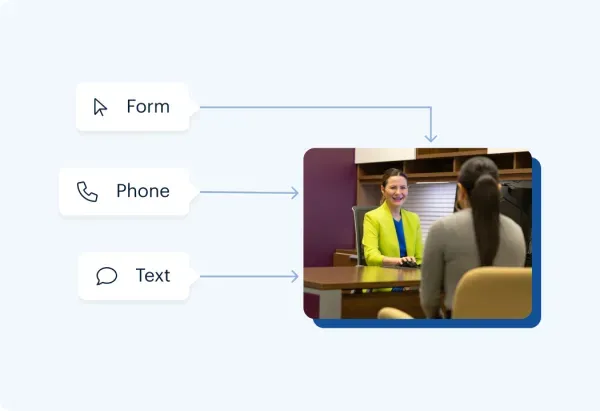
Contact Us 24/7 - It’s Free
Start your claim
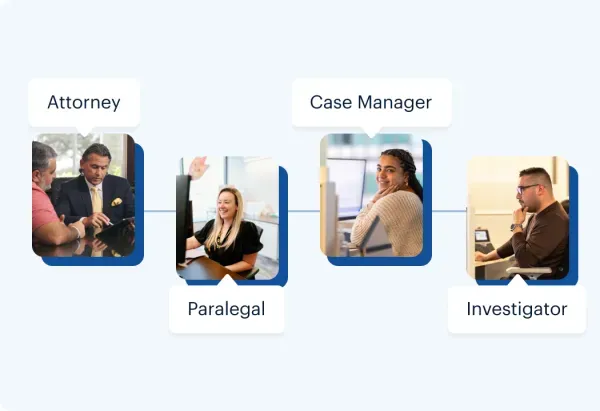
Meet your dedicated attorney
Meet the attorneys
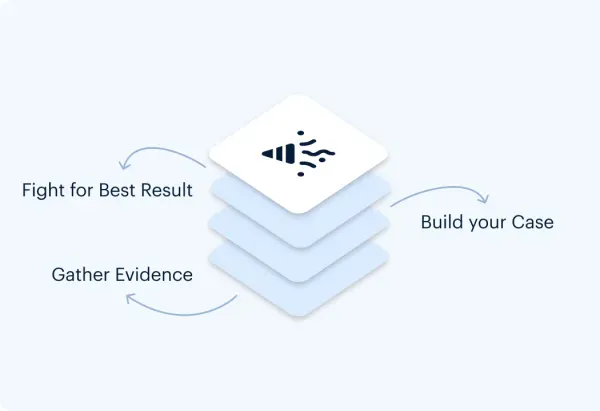
We fight for more
Learn more about the case process
Results may vary depending on your particular facts and legal circumstances. The attorneys shown in these photos may not be licensed in your state. To find an attorney licensed in your area, please visit our attorney page.
Local Care
Backed by America’s Largest Injury Law Firm.
$30 Billion
Recovered for clients
nationwide700,000+
Clients and families
served1,000+
Attorneys across
the country1
Click may change your life
The attorney featured above is licensed in Florida. For a full list of attorneys in your state please visit our attorney page.
Results may vary depending on your particular facts and legal circumstances.
In the Community
Discover the local Morgan & Morgan experience with news, events, and partnerships.
Learn More
Injured and not sure what to do next?
We'll guide you through everything you need to know.
What Should I Do If My Loved One Is a Victim of Abuse?
If the abuse or neglect is still happening, make sure to move your loved one to a safe place immediately and report the abuse to nursing home management and law enforcement. You should also seek medical advice to ensure your loved one is getting the help they need.
Your next best step can be to contact an elder abuse lawyer to find out about your options and next best steps. An attorney can offer advice and initiate legal action to pursue compensation from the liable party.
Collect Evidence as Soon as Possible
The definition of elder abuse in Florida is quite clear: the law is on your side if your loved one was physically or mentally abused. However, even if you have a good case, you will require evidence to prove your case, such as:- Photographs of any injuries and other evidence
- A medical report detailing your loved one’s injuries
- Witness statements
- Police report
- Reports you filed with state agencies
An elder abuse attorney can help gather crucial evidence that may be challenging to obtain, such as nursing home records.
How Do I Report Nursing Home Abuse?
Reporting ill-treatment or neglect is critical to protecting your loved one and potentially protecting other seniors. In addition, Florida law requires reporting of known or suspected abuse of elderly or disabled adults.
Medicare advises to report suspicions of nursing home abuse to nursing home staff and administration in the first instance, which can include:
- Nursing home supervisors
- The director of nursing
- A nursing home administrator
Nursing homes usually have grievance procedures that you can follow.
In Florida, you can also report elder abuse to the Florida Department of Children and Families. However, if your loved one is in immediate danger, dial 911 for help and medical assistance.
What Is an Elder Abuse Case Worth?
Every case of elder abuse is unique. However, if your elderly relative incurred medical bills and other damages due to their ordeal, you could recover adequate compensation to cover any costs. Your loved one could also qualify for awards for their pain and suffering. Other types of damages available can include:
- Costs of medical devices
- Transportation costs
- Future medical expenses
- Out-of-pocket costs
- Physical and emotional anguish
Can I Still File a Lawsuit if My Loved One Has Passed Away?
Sadly, abuse and neglect of the elderly can cause premature deaths. Therefore, families whose loved ones experienced abuse and neglect could be entitled to compensation even after their relatives have passed. Our Florida elder abuse attorneys can help with navigating the process of filing a wrongful death claim.
How Can an Elder Abuse Attorney Help Me?
Elder abuse lawsuits can be challenging to litigate and involve complex medical issues, sifting through stacks of nursing home records, and working with expert witnesses. An elder abuse attorney knows how to investigate allegations of nursing home abuse thoroughly and effectively.
Moreover, a nursing home or assisted living facility will most likely fight claims vigorously and may even try to destroy or block access to crucial evidence. An experienced elder abuse attorney can gather the evidence required to build a case against the liable parties. Elder abuse attorneys can handle your case from beginning to end. They have the necessary skill-set and experience to effectively advocate for your loved one.
Morgan & Morgan Can Fight for Your Loved One’s Rights
Our seniors deserve respect and dignity. If your loved one suffered emotional or physical injuries due to abuse or neglect, you could have the right to hold the responsible party to account.
Morgan & Morgan understands what families of abuse victims are going through. We know that your priority is to provide comfort and safety to your loved one during this upsetting time. However, we also believe that you should not have to carry the financial burden when someone else is responsible for causing your relative’s suffering. We have helped countless families get justice and could help you too.
Don’t let financial considerations stand in the way of getting justice. If we take your case, you pay nothing out of pocket. We get paid if and when we win. Contact us for a free, no-obligation consultation today.
